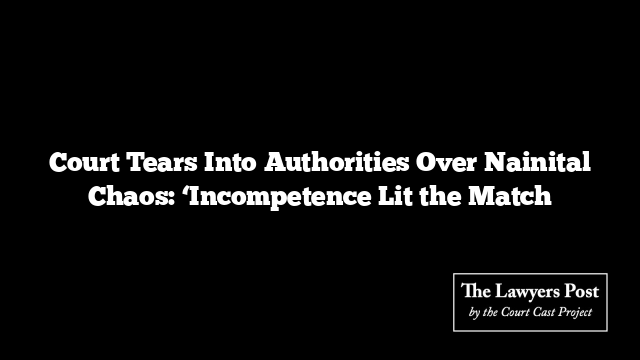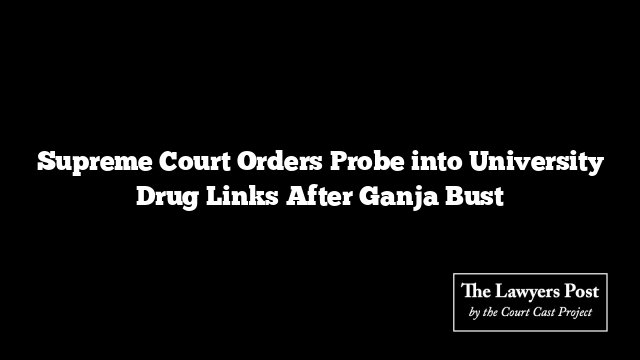In a sharply worded rebuke, the Uttarakhand High Court tore into the state’s police and municipal authorities, holding them squarely responsible for the communal unrest that ignited in Nainital following the arrest of a Muslim man accused of raping a minor.
The courtroom turned blistering as the Bench, led by Chief Justice G Narendar and Justice Ravindra Maithani, interrogated not just the police’s failure to maintain order but also the municipal body’s hasty move to demolish the accused man’s family home—without prior notice or due process.
The case landed in court through a petition filed by the accused’s wife, challenging a demolition notice slapped on her just days after the arrest. Her family, she claimed, had lived in that home for over two decades—never once receiving an encroachment warning until now.
The judges weren’t buying the timing.
“This isn’t just illegal—it’s contempt,” the Court snapped, warning the authorities that the Supreme Court had already laid down clear, binding guidelines against demolishing property linked to accused individuals. “You cannot defy the Supreme Court because you’re under pressure. It wasn’t an order from centuries ago. Procedure matters.”
And then came the reckoning for the police.
The judges grilled law enforcement for its absence in the face of violence that unfolded across Nainital. Shops were torched, including one owned by a woman named Bimla Devi—whose name surfaced repeatedly in the courtroom as a symbol of how indiscriminate the rage had been.
“Your incompetence leads to all these problems and you want to cover it up,” the Court snapped, questioning not just the failure to prevent the chaos but the apparent silence afterward.
Adding to the courtroom’s tension, it emerged that when the accused was produced before a trial court, a scuffle broke out—between lawyers. The judges didn’t hold back: “How can lawyers prevent anybody from representing someone?” they asked, unimpressed with the legal fraternity’s conduct as well.
The bench wasn’t convinced this was a breakdown. It smelled of something more deliberate.
“This wouldn’t have happened if the police had been alert,” the judges said, before pressing: “What action have you taken against the arsonists?”
As the heat turned up, the municipal body’s counsel backed down. The demolition notice, the Court was told, would be withdrawn.
But the matter isn’t over. It’s coming back to court on May 6, and the judges made it clear: they’ll be watching. Closely.





